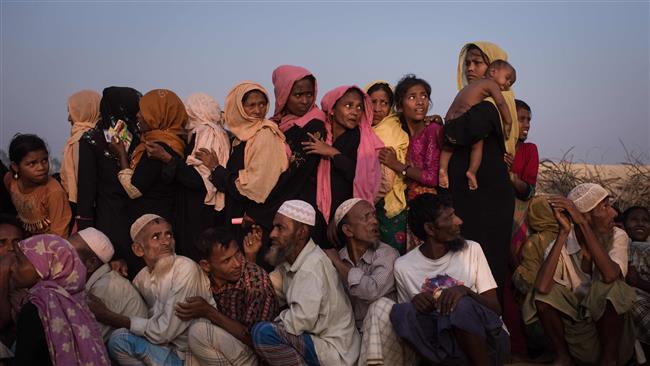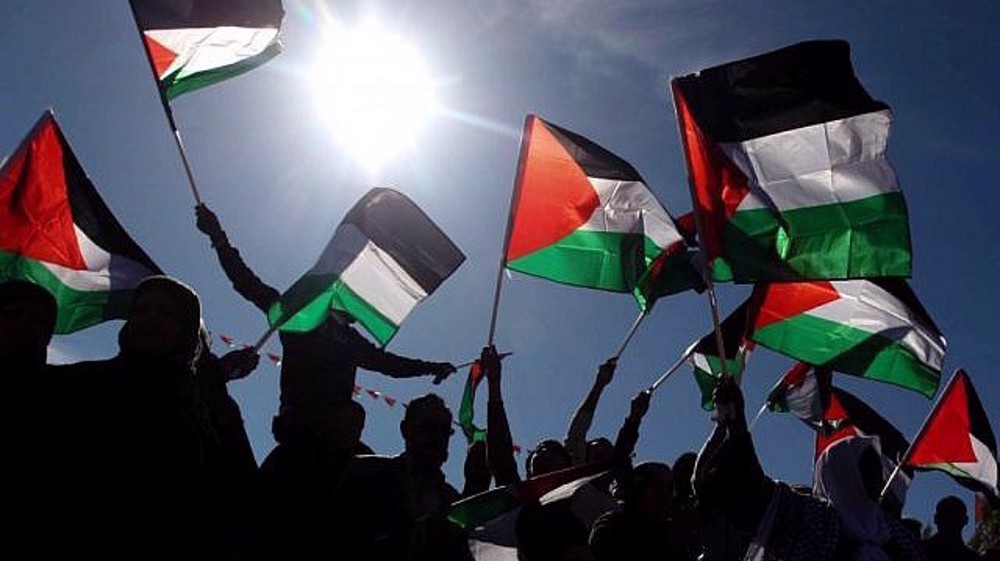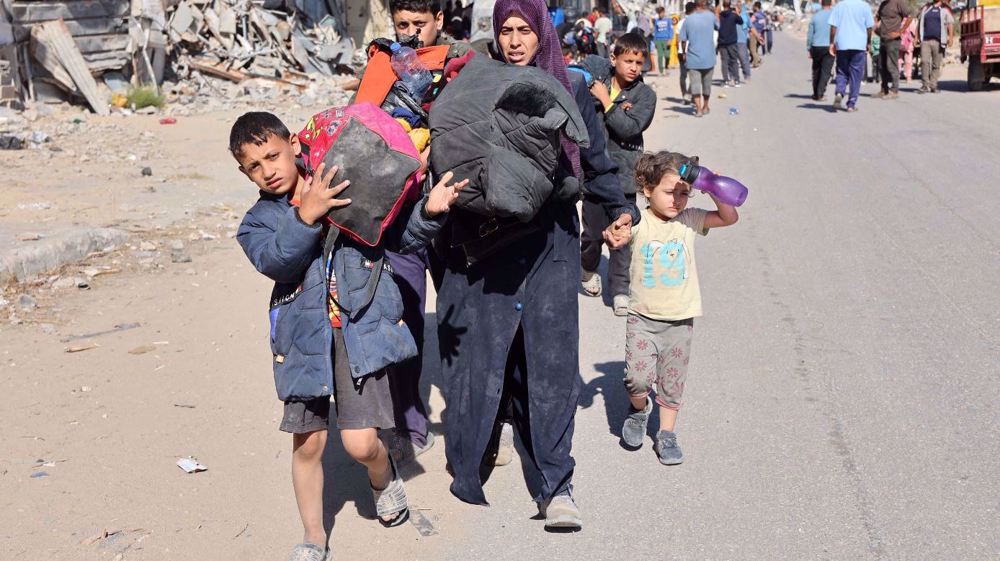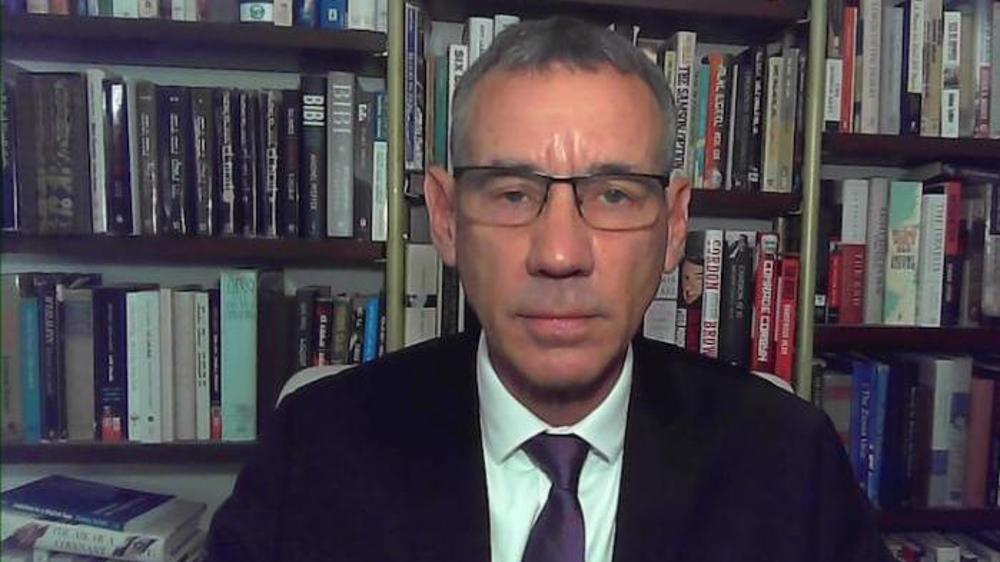Rohingya refugees safety must be ensured upon return: UN
The United Nations refugee agency says Rohingya Muslim refugees in Bangladesh should be consulted and ensured of their safety before they are repatriated to Myanmar’s Rakhine state.
Andrej Mahecic, spokesman of the UN High Commissioner for Refugees (UNHCR), told a news briefing in the Swiss city of Geneva on Tuesday that the safety of the Rohingya should be guaranteed before they are allowed to return voluntarily.
“Major challenges have to be overcome.”
“These include ensuring they are told about the situation in their areas of origin ... and are consulted on their wishes, that their safety is ensured,” the UN official said.
Earlier on Tuesday, Bangladesh and Myanmar agreed that they would try to complete the repatriation of hundreds of thousands of Rohingya refugees within two years. Under the deal, Myanmar pledged to accept the Muslims who have been in Bangladesh since a bloody crackdown by Myanmar's military began in October 2016. The deal does not cover an estimated 200,000 Rohingya refugees who were living in Bangladesh prior to that date.
It was unclear whether the Muslim refugees, subjected to horrific violence in Myanmar and not even recognized as citizens there, would be willing to return or would have to be returned forcibly.
The UN says nearly 655,000 Rohingya Muslims have fled Rakhine for Bangladesh since violence intensified last August.
The refugees live in congested camps in the Bangladesh’s border district of Cox’s Bazar. Health officials have warned about the spread of diseases in the camps.
The World Health Organisation has said aid workers are ramping up efforts to vaccinate half a million children against diphtheria in and around Rohingya refugee camps in Bangladesh. The respiratory disease has killed as many as 31 people and infected about 4,000 since it broke out in November in the camps.
About 316,000 Rohingya children were vaccinated last month, according to a Sunday statement by the WHO. They will need two more doses, spaced a month apart.
In the meantime, health workers are vaccinating 160,000 Bangladeshi children who live in communities near the refugee settlements in Cox’s Bazar.
Since August 25, 2017, Myanmar's troops have been committing killings and rapes, making arbitrary arrests, and carrying out mass arson attacks to destroy houses in Rakhine.
Only in its first month, the military clampdown killed some 6,700 Rohingya Muslims, including more than 700 children, according to the international medical charity Doctors Without Borders.
Myanmar brands more than one million Rohingya Muslims in the country as “illegal immigrants” from Bangladesh, refusing to accept them as citizens despite the fact that they have lived in the country for many generations.
The Rohingya are considered by the UN as the "most persecuted minority group in the world."
VIDEO | Jordanians calls for action against Israeli aggressions in West Asia
As polls close, Trump takes early lead against Harris
VIDEO | Iran, Pakistan vow to resist Israeli genocidal actions in Gaza
Israeli strike on Lebanon kills at least 15 people
Israeli forces kill 7 more Palestinians in West Bank
VIDEO | US presidential election
Netanyahu fires military affairs minister Gallant
Hezbollah attacks turn Israel’s Haifa into a ghost town











 This makes it easy to access the Press TV website
This makes it easy to access the Press TV website